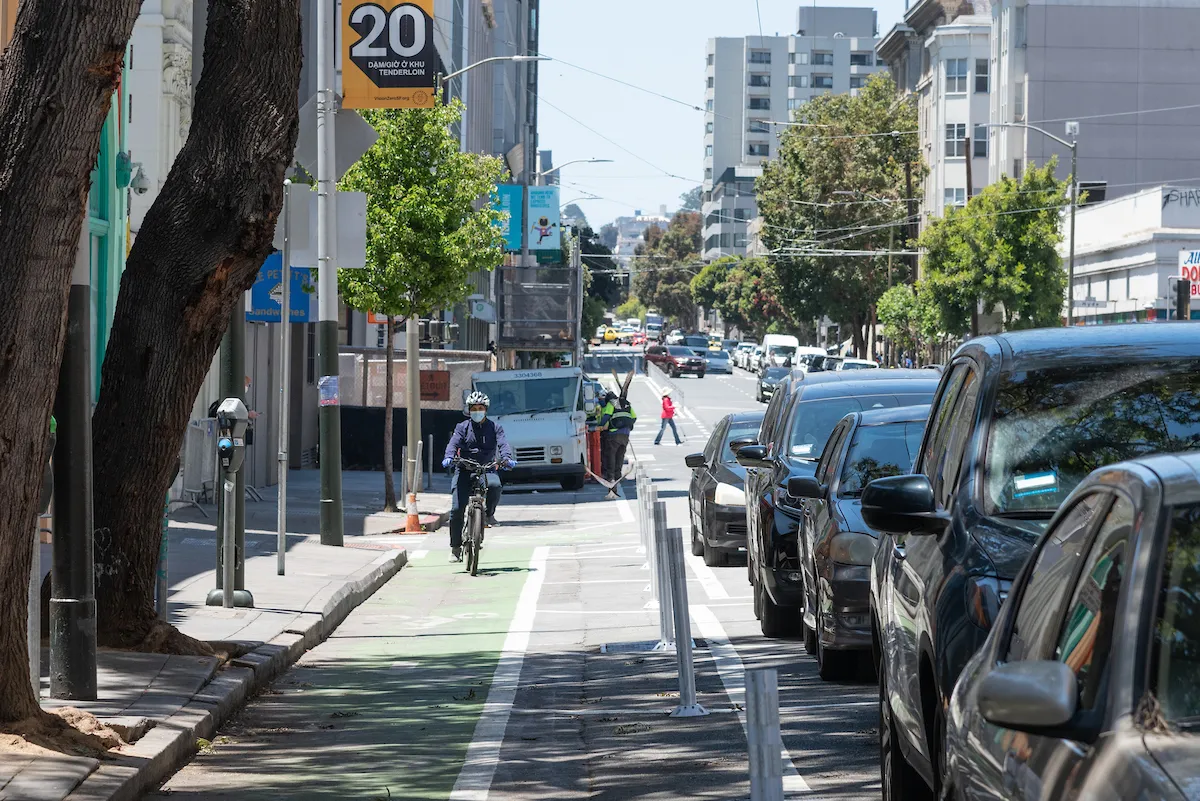The €50 million contract includes two-year exercisable two-year options. The deal serves as an extension to a 2013 agreement.
Alstom says VMI has allowed SFTMA to carry out regular and predictive maintenance of its fleet as well as decrease inventory management costs and increase daily average car availability by 20% and mean distance between failures by 74%.
The scope of the contract includes the delivery of parts, inventory planning and automated part replenishment via an integrated IT system and obsolescence management. Alstom will also provide technical and engineering services.
SFMTA's fleet comprises 149 light rail vehicles, 39 historic streetcars and 31 cable cars. Alstom manages more than 1,100 new parts for SFMTA's maintenance operations and reverse-engineers obsolescent parts for both Alstom and non-Alstom vehicles.
Alstom is providing the VMI service to SFMTA from its Mare Island facility in Vallejo, California.
Alstom to provide VMI services to San Francisco
Alstom is to supply vendor managed inventory (VMI) services to the San Francisco Municipal Transportation Agency (SFMTA) over three years to help improve passenger safety.
The €50 million contract includes two-year exercisable two-year options. The deal serves as an extension to a 2013 agreement.
Alstom says VMI has allowed SFTMA to carry out regular and predictive maintenance of its fleet as well as decrease inventory management costs and increase daily average car availability by 20% and mean distan
January 7, 2019
Read time: 2 mins









